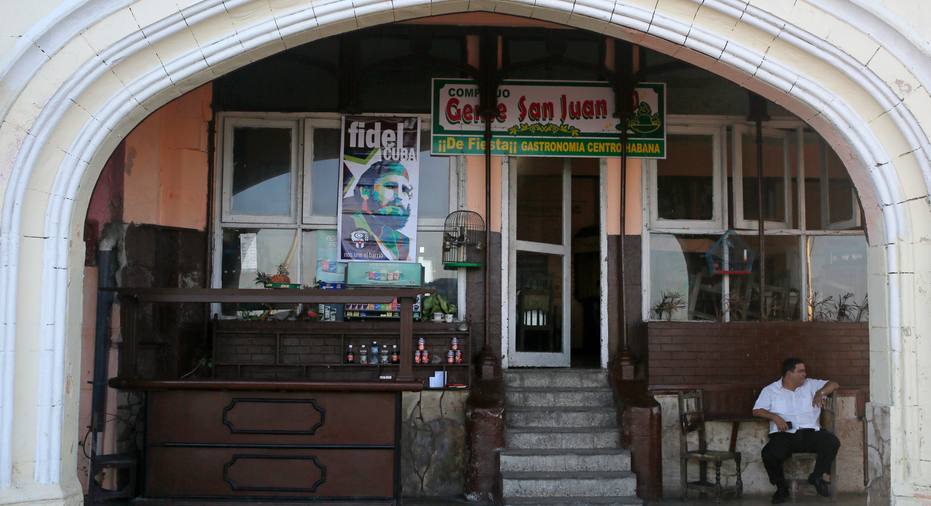Cuba stops issuing new permits for some private enterprises

HAVANA – The Cuban government announced Tuesday that it was placing at least a temporary hold on the opening of a private sector that employs more than a half-million people and has become a significant force in the island economy.
Authorities will suspend the issuance of permits for a range of occupations and ventures, including restaurants and renting out rooms in private homes, the government said in the Communist Party newspaper Granma.
The suspension includes the growing field of private teachers as well as street vendors of agricultural products, dressmakers and the relatively recent profession of real estate broker. The announcement did not say when the issuing of permits would resume and said that enterprises already in operation can continue.
"No one assumes that the goal of these measures is to roll back the development of self-employment in Cuba," the article said. "Nothing could be farther from reality."
Despite that assurance, there are fears that the move could have long-term consequences.
"It's only a stop sign along the road, but with a discouraging message even it is temporary," said economist Omar Everleny Perez. "The country needs more hopeful messages."
President Raul Castro expanded an opening of the economy to private-sector employment in 200 categories of business in 2010. The government says nearly 570,000 people are employed in the enterprises, including hundreds of restaurants and guest houses.
The most visible effect of the reforms was a huge increase in private rooms and guest houses, often nicer and with better services than the state-owned hotels, along with private restaurants catering to tourists around the country.
It helped fuel GDP growth of about 1 percent so far this year, following a dip last year, but officials have expressed concern about tax evasion and the use of raw materials from the black market in the growing segment.
Granma said that "putting the house in order is the highest priority of the Cuban state."



















